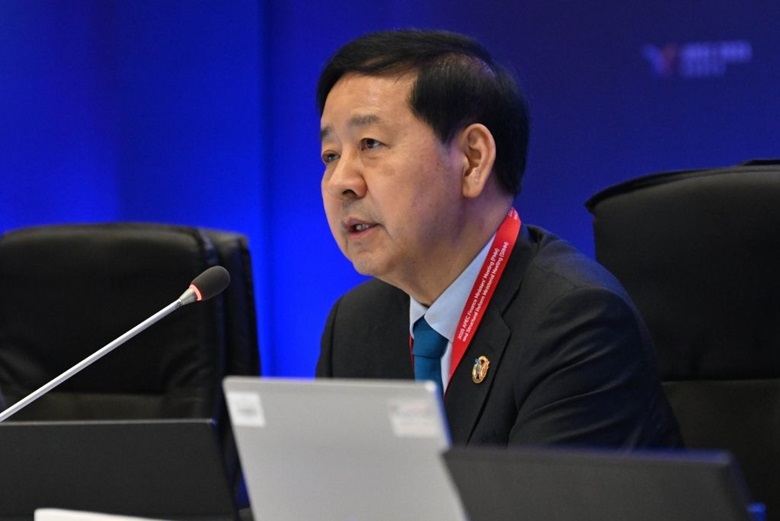APEC Ministers Eye AI Amid Slowing Growth

Structural reform takes center stage as ministers meet in Incheon for a two-day meeting to shape next-generation reforms that keep markets open, strengthen economic resilience, and ensure that growth benefits all in the region.
Opening the meeting, Deputy Prime Minister and Minister of Economy and Finance Dr Koo Yun Cheol called this a defining moment for the region’s economic narrative.
“We are at a true inflection point, one that future generations may describe as before AI and after AI,” he said, referring to the transformative impact of artificial intelligence and digital innovation. “How we harness the opportunities of this technology will depend entirely on us.”
Structural reform is about strengthening the economic backbone, including modernizing laws, institutions and policies so that growth is more balanced, innovation can flourish, and societies can adapt to future challenges.
“Reform is never easy,” Dr Koo added. “But in this era of transformation, it is a responsibility we must fulfill to ensure sustainable prosperity for our region.”
Against this backdrop, Dr Koo outlined a targeted approach to structural reform to meet evolving realities. He called for stronger policy coordination to build more connected markets and reiterated the commitment to achieve the target set in the Fourth APEC Ease of Doing Business Action Plan, which sets a 20 percent improvement across five key areas by 2035.
Emphasizing the urgency of digital transformation, he urged economies to accelerate AI adoption through coordinated regulatory reform, talent development and digital infrastructure.
He called for reforms that create opportunities for youth and older workers, empower women, support small businesses and strengthen social safety nets. “To ensure regional prosperity, it is vital that all people benefit from the opportunities created by economic growth,” he added.
Ministers discussed how structural reforms can improve connectivity, promote fair and competitive markets and expand participation in the formal economy, especially for youth, women, older workers, and small businesses.
Also addressing ministers at the meeting, APEC Secretariat Executive Director Eduardo Pedrosa emphasized the value of reforms in times of economic downturns as well as in times of strength.
“Structural reform within our economies is a continuous process that shapes the institutions and policy settings within which our markets operate,” Pedrosa said.
“As we prepare to launch the next phase of APEC’s structural reform agenda, the Strengthen and Enhanced APEC Agenda for Structural Reform (SEAASR), let us use these insights to design reforms that are more agile, effective, inclusive and future-ready,” he said. “Each members’ individual reform efforts combined with our joint reform efforts will continue to strengthen the competitiveness of the entire APEC region.”For further information or media inquiries, please contact:
[email protected]

